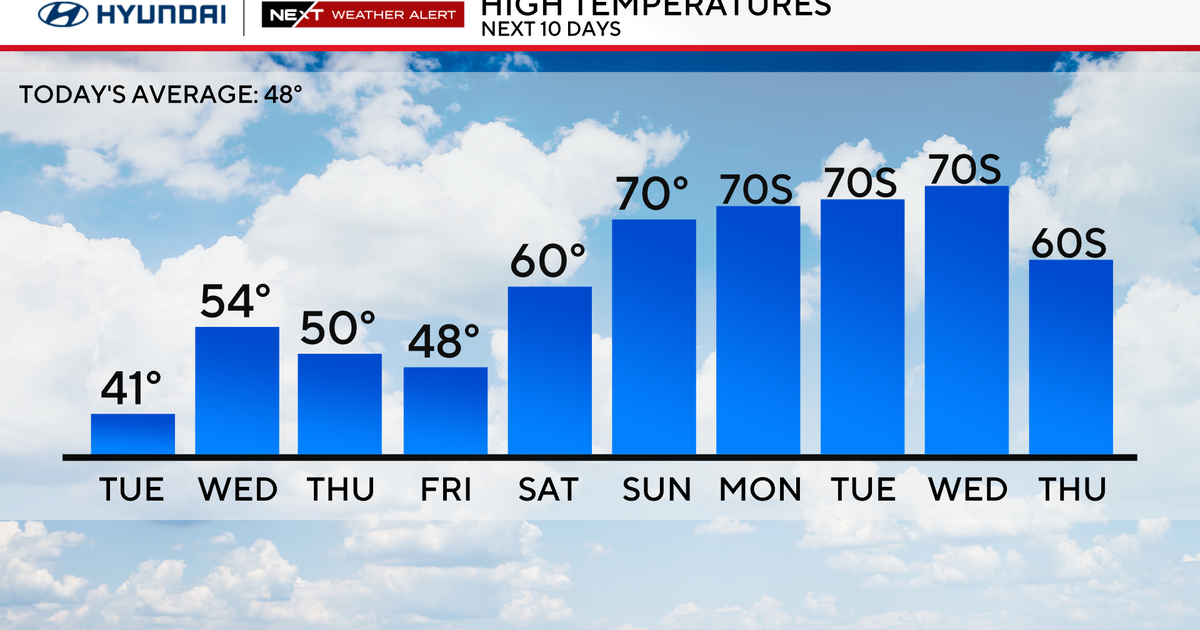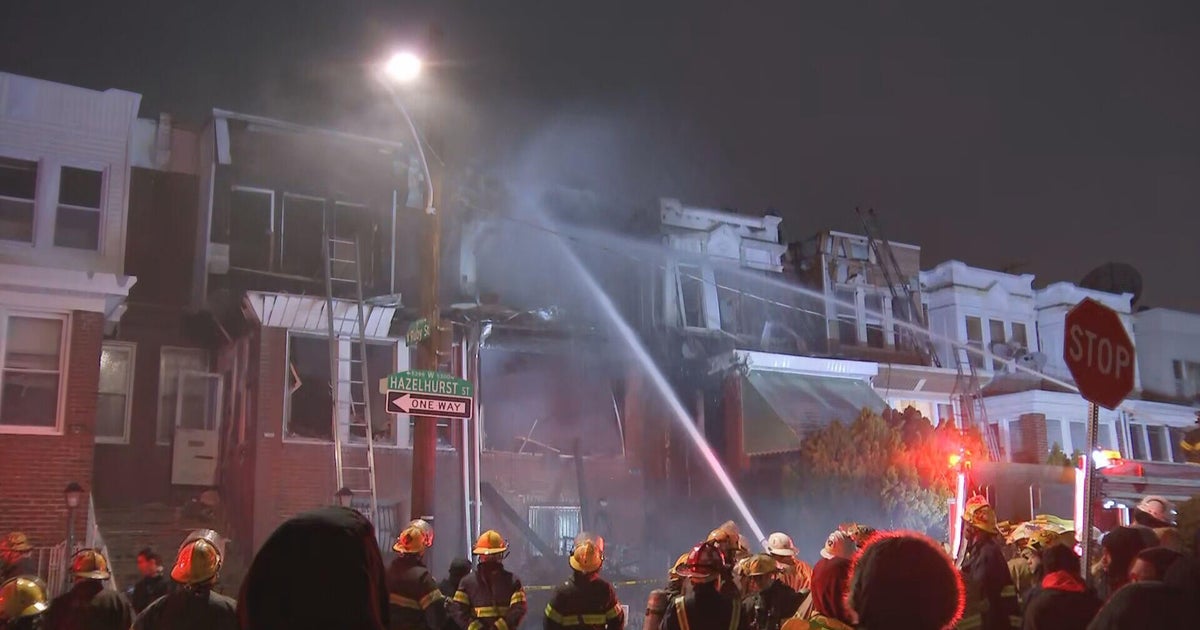Low temps and high costs: Coronavirus vaccine distribution will face a "big challenge"
"CBS This Morning" explores whether America is ready for a coronavirus vaccine in a special three-part series, Road to a Vaccine. Part three airs Wednesday, October 28 on "CBS This Morning," 7-9 a.m. on CBS. Watch part one here.
The earliest a coronavirus vaccine is expected to be ready for FDA authorization is the end of November. The CDC has already given states $200 million to prepare for distribution.
But shipping companies like DHL have a daunting task — preparing to transport a coronavirus vaccine without knowing where the vaccine will be manufactured, what the packaging will be or how cold it will need to be kept.
"There's still a lot of things that are unknown. And we've been talking to the different manufacturers, who are in various phases of the clinical trials to get ready," DHL's CEO of Global Forwarding USA David Goldberg told CBS News senior medical correspondent Dr. Tara Narula.
At the DHL cold-chain facility near Chicago's O'Hare airport, vaccines are stored at various temperatures before they're sent to doctors' offices, pharmacies and hospitals.
"We've been moving the flu vaccine, the meningitis vaccine," Goldberg said. "I think the challenge related to this vaccine is it's, you know, a vaccine that the world needs as soon as possible, at once, which will make it very difficult in terms of logistics."
The colder the vaccine, the more complicated the logistics. Pfizer's coronavirus vaccine candidate needs to be kept at about minus 94 degrees Fahrenheit, while Moderna's needs to be stored at minus 4 degrees Fahrenheit.
"A lot of providers don't have that type of storage," said North Dakota Immunization Program Manager Molly Howell.
The ultra-cold storage requirement will make it challenging for states to get the vaccine to their residents, Howell said.
"Once a provider receives that vaccine, it really starts the clock that the vaccine needs to be administered within five days of when it's put in the refrigerator," she said.
Pfizer's vaccine is expected to ship in containers with almost 1,000 shots, which worries Howell.
"The minimum increment of 1,000 doses and figuring out how we can get that to the rural areas is what's keeping me up at night," she said. "We're thinking about the possibility of having to repackage and redistribute that vaccine into smaller quantities."
While states like North Dakota gear up for mass distribution, the pandemic continues to batter state budgets. The trade associations that represent health officials across the country have asked Congress for $8.4 billion to help states distribute the vaccine.
States and their health departments are "tapped out financially," said Georgetown professor Dr. Jesse Goodman.
"Also, in terms of their human resources, they've been running at 100 miles an hour to do the contact tracing to make up for a not very efficient federal response," he said.
Goodman said there needs to be an effective national system for distributing and monitoring the vaccine.
"Otherwise, it's going to be chaos," Goodman said. "We may have multiple vaccines. We may require two doses, so they're going to need to be known who got what vaccine and when they need to come back for their second dose."
"So, we do have a big challenge," he said.
It's a challenge that Goodman understands first-hand. He was the FDA's chief scientist in 2009 and navigated the agency's response to the H1N1 flu pandemic.
Asked if he feels the vaccine has been driven by science or politics, Goodman said, "I think the vaccine development has been driven by science and by the public health need, but whether we will leave it in the hands of the experts to carefully consider the data and make decisions, that's the next critical step."
"The absolute most important thing is transparency, is not overpromising," Goodman said, "and is not undermining the scientists, in particular, the FDA. I think if we do that and we're transparent about the results, the results will speak for themselves."
Pfizer told CBS News it's made changes to ensure it can deliver a potential vaccine around the world, including "upgrading site infrastructure to manage ultra-low temp products" and expanding "capabilities for distribution centers."



